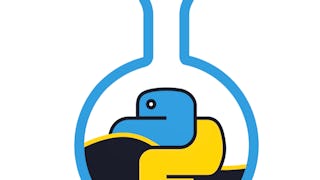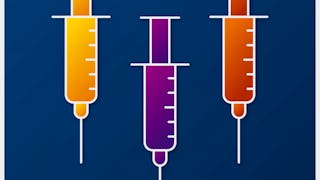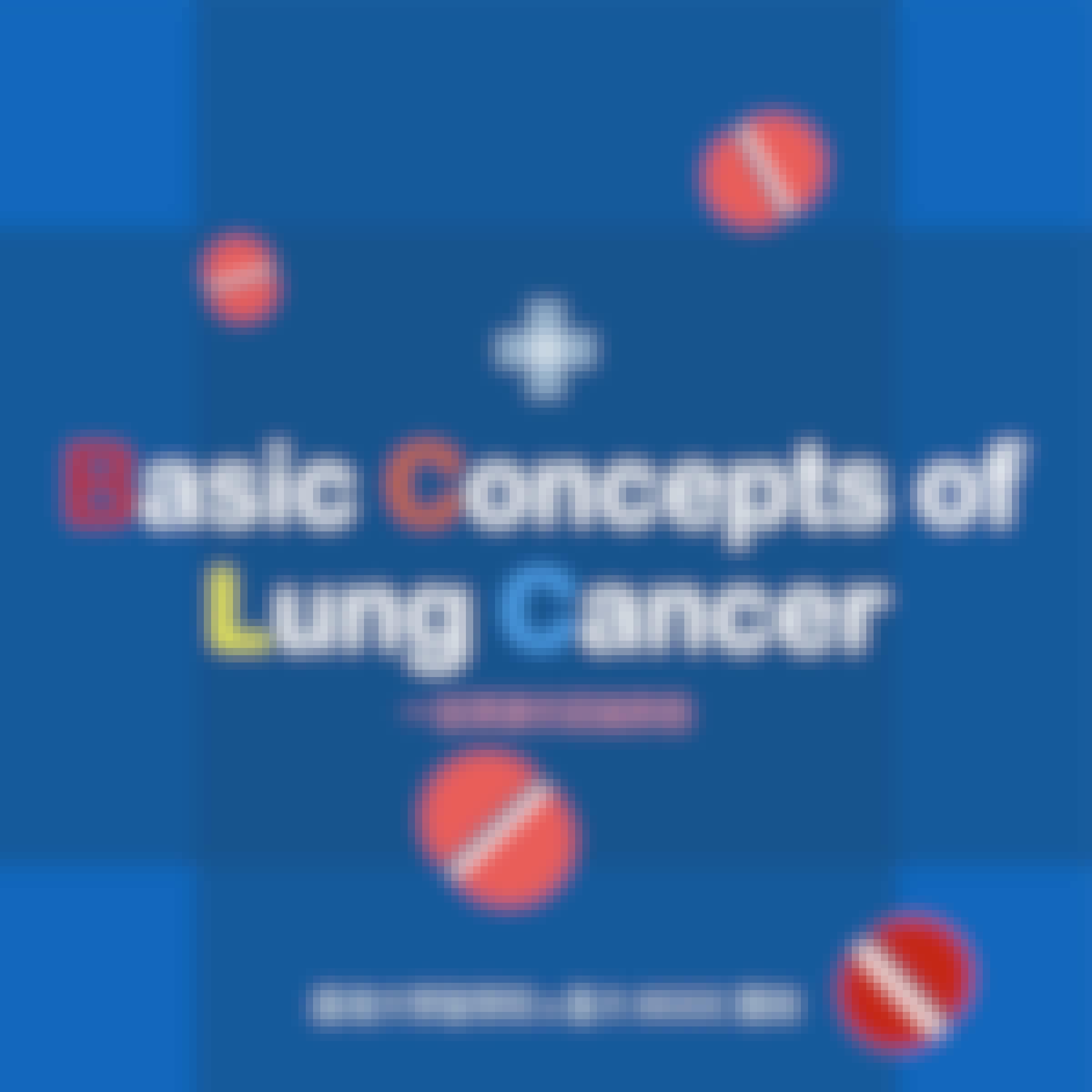Filter by
SubjectRequired
LanguageRequired
The language used throughout the course, in both instruction and assessments.
Learning ProductRequired
LevelRequired
DurationRequired
SkillsRequired
SubtitlesRequired
EducatorRequired
Explore the Pain Medicine Course Catalog

Johns Hopkins University
Skills you'll gain: Training Programs, Education and Training, Community Health, Train The Trainer, Patient Education And Counseling, Educational Materials, Goal Setting, Community Outreach, Adult Education, Needs Assessment, Planning, Case Management, Supervision

Khalifa University
Skills you'll gain: Oral Comprehension, Language Learning, Language Competency, Culture, Vocabulary, Writing, Cultural Diversity, Oral Expression, Grammar, Literacy

Imperial College London
Skills you'll gain: Programming Principles, Program Development, Microsoft Visual Studio, Computer Programming, Integrated Development Environments, Python Programming, Debugging, Development Environment

Northeastern University
Skills you'll gain: Health Informatics, Decision Support Systems, Business Intelligence, Business Analytics, Business Process Automation, Predictive Analytics, Data-Driven Decision-Making, Customer experience strategy (CX), Advanced Analytics, Artificial Intelligence and Machine Learning (AI/ML), Process Analysis, Predictive Modeling, Applied Machine Learning, Healthcare Industry Knowledge, Emerging Technologies

University of California San Diego
Skills you'll gain: Compassion, Empathy, Patient Education And Counseling, Interpersonal Communications, Active Listening, Communication, Emotional Intelligence, Cultural Diversity, Self-Awareness

Imperial College London
Skills you'll gain: Microbiology, Pharmaceuticals, Infectious Diseases, Clinical Trials, Medical Science and Research, Epidemiology, Public Health, Clinical Research, Molecular Biology, Biology, Innovation, Emerging Technologies
 Status: Free
Status: FreePontificia Universidad Católica de Chile
Skills you'll gain: Disabilities, Caregiving, Diversity Awareness, Mental Health, Chronic Diseases, Care Management, Patient Education and Support, Mental and Behavioral Health Specialties, Family Medicine, Student Support and Services, Patient Treatment, School Psychology, Pediatrics, Emergency Response, Neurology, Child Health, Gynecology
 Status: Free
Status: FreeNational Taiwan University
Skills you'll gain: Pulmonology, Respiratory Care, Oncology, Preventative Care, Epidemiology, Pollution Prevention, Chronic Diseases, Precision Medicine, Treatment Planning, Patient Education And Counseling, X-Ray Computed Tomography, Medical Imaging, Emerging Technologies
 Status: New
Status: NewUniversity of Glasgow
Skills you'll gain: Pharmaceuticals, Pharmacology, Healthcare Ethics, Clinical Trials, Clinical Research, Regulatory Affairs, Healthcare Industry Knowledge, Regulatory Compliance, Medical Science and Research, Emerging Technologies, Precision Medicine, Biology, AI Personalization

Rice University
Skills you'll gain: Respiration, Anatomy, Respiratory Care, Patient Evaluation, Pathology, Internal Medicine, Nutrition and Diet, Biology
 Status: Free
Status: FreeUniversity of Minnesota
Skills you'll gain: Disabilities, Developmental Disabilities, Diversity Awareness, Patient Education And Counseling, Sociology, Orthopedics, Chronic Diseases, Psychology, Anatomy
 Status: Free
Status: FreeUniversity of Geneva
Skills you'll gain: Healthcare Ethics, Emergency Medical Services, Patient Safety, Health Care, Hospital Medicine, Health Systems, Community Health, Safety and Security, Law, Regulation, and Compliance, Emergency Response, Health Policy, Risk Management
Pain Medicine learners also search
In summary, here are 10 of our most popular pain medicine courses
- Training and Learning Programs for Volunteer Community Health Workers: Johns Hopkins University
- Arabic for Beginners: Communicating in Arabic Culture: Khalifa University
- Introduction to Python for Researchers: Imperial College London
- Business Application of Machine Learning and Artificial Intelligence in Healthcare: Northeastern University
- A New Communication Framework for Healthcare: University of California San Diego
- Types of Vaccine: Imperial College London
- Manejo de Crisis Epilépticas y Promoción de la Inclusión Social: Pontificia Universidad Católica de Chile
- 一堂課讓你認識肺癌(Basic Concepts of Lung Cancer: Diagnosis and Treatment): National Taiwan University
- Introduction to the Pharmaceutical Industry: University of Glasgow
- Anatomy & Physiology: Exchange and Energy: Rice University










